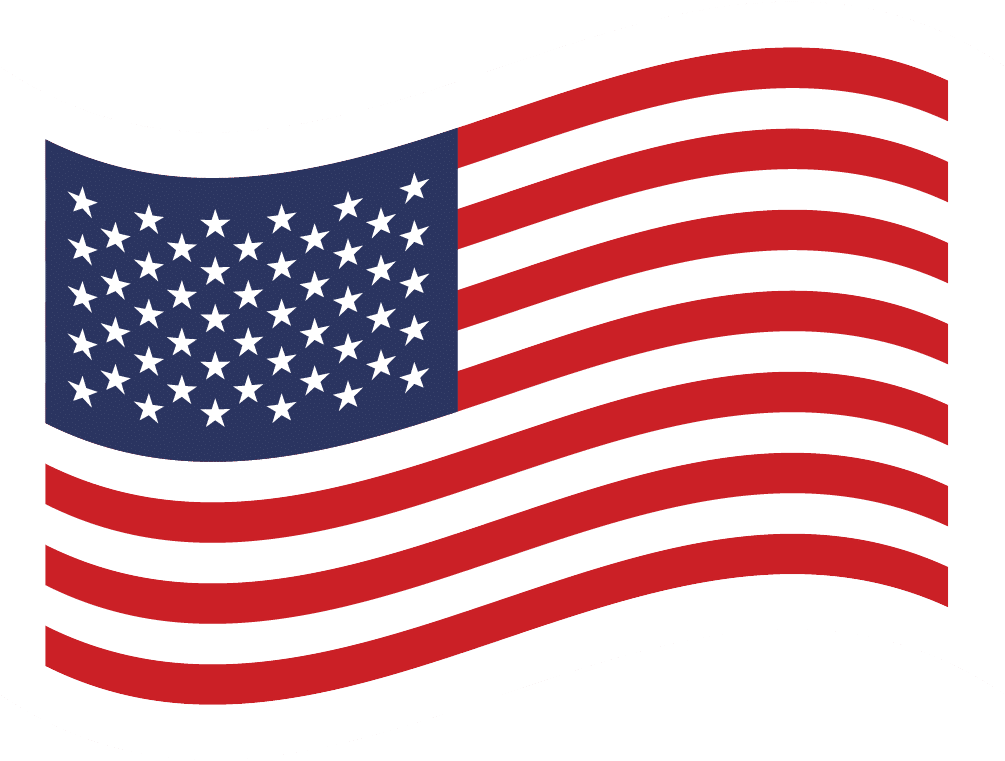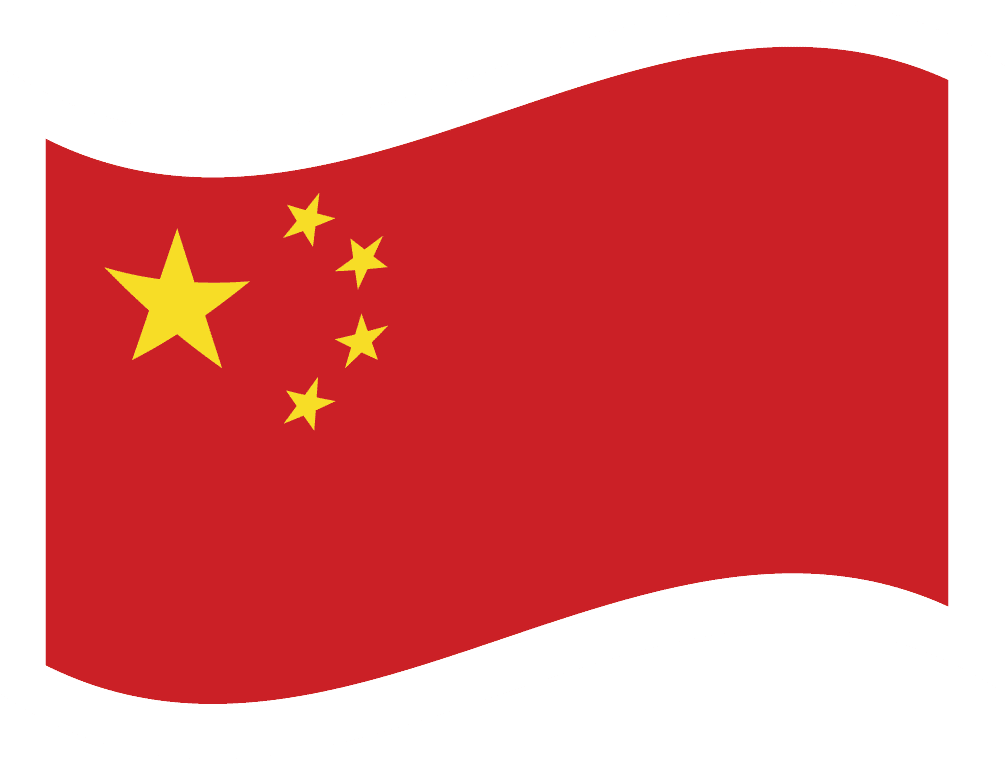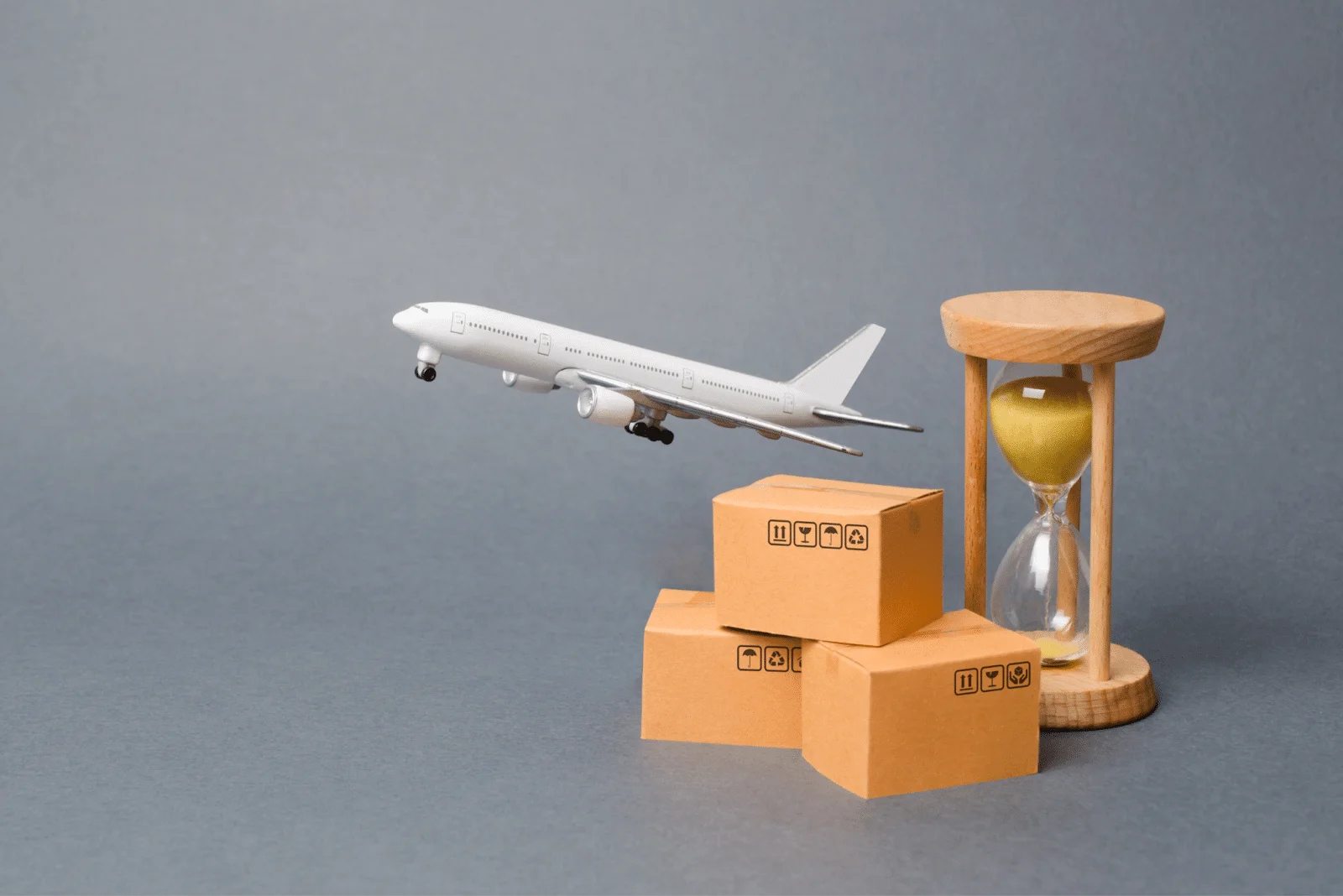Warranties are crucial in international trade, protecting businesses from unexpected defects and compliance issues that could hurt profitability and reputation. In global transactions, securing effective warranty terms is vital because product standards and regulations vary across countries. Properly negotiated warranties safeguard investments by aligning with risk management and business goals. Many importers fall into traps by underestimating the negotiation mistakes and they accept standard terms that don’t fit their specific needs. This mistake can be costly. Importers must recognize that each warranty negotiation is crucial and tailor it to their business requirements to ensure they get the most protection and value from their international transactions.
Understanding Warranty Basics
A warranty is a critical agreement that guarantees the condition of a product and outlines the remedy if standards are not met.
Types of Warranties Typically Negotiated by Importers
Importers typically negotiate several types of warranties, each tailored to address specific risks and needs. These include:
-
- Express warranties: that explicitly define the conditions and remedies.
-
- Implied warranties: that ensure basic standards of quality and functionality.
Mastery of warranty negotiation requires excellent negotiating skills to avoid common negotiating mistakes and secure effective terms.
Common Mistakes in Warranty Negotiations
-
- Failing to Define Clear Warranty Terms
One of the most significant pitfalls in warranty negotiations is the failure to specify clear and detailed warranty terms.
The Importance of Specificity in Warranty Clauses
Specificity in warranty clauses is crucial to ensure:
-
- Both parties understand the expectations and responsibilities involved. Vague terms often lead to disputes when issues arise.
Importivity focuses on precise warranty clauses, so importers can steer clear of many typical warranty negotiation mistakes.
Overlooking the Scope of Coverage
Comprehensive Coverage: Parts, Labor, and Consequential Damages
A common oversight in warranty negotiations that often leads to warranty negotiation mistakes is neglecting to define the scope of coverage comprehensively. Importers need to ensure that their warranties cover:
-
- Parts
-
- Labor
-
- Consequential damages
Effective negotiation skills are essential to include all three components to avoid leaving gaps that could be financially burdensome.
At Importivity, we recognize the crucial importance of not overlooking the scope of coverage in warranty negotiations, ensuring that parts, labor, and consequential damages are all comprehensively addressed. We guide our clients through the negotiation process, ensuring they secure warranties that provide extensive coverage and protect against such oversights. For more insights and support, visit Importivity.
Neglecting to Negotiate the Duration and Extent of Warranty
Balancing Warranty Length and Cost
A critical yet often overlooked aspect of warranty negotiations is the duration and extent of the warranty. Importers must navigate the delicate trade-off between the length of the warranty and the associated costs. This decision requires adept negotiating skills to ensure that the agreement aligns with both the product’s lifespan and the financial implications for the business.
Strategic Approaches to Warranty Negotiation
Researching the Supplier’s Warranty History
This insight can be a powerful tool in understanding what to expect and how to frame negotiations. Importers who skip this step may miss out on leveraging valuable information that could influence the negotiation’s outcome positively.
How Past Warranty Practices Can Inform Negotiations
Understanding a supplier’s warranty history helps importers identify patterns or issues that could affect their dealings. For example, if a supplier has a history of honoring warranties efficiently and without dispute, this can be a strong point in favor, conversely, a history of disputes and complaints should alert importers to potential risks.
Tools and Methods for Researching Suppliers
There are several tools and methods available for researching suppliers, including:
-
- Trade references and reviews
-
- Industry databases and credit reports
-
- Direct inquiries
At Importivity, we specialize in strategic approaches to warranty negotiations, crucial for importers navigating complex international trade landscapes. Our experts guide clients through understanding international warranty laws, employing data-driven strategies, and customizing negotiations to suit specific industry needs.
Comprehensive Service and Support Clauses
One crucial element that we at Importivity always emphasize is the importance of including detailed service and support clauses in warranty negotiations. After-sales support is integral to warranty terms because it ensures that any post-purchase issues are resolved efficiently, maintaining the operational continuity and satisfaction that are vital for sustaining long-term business relationships.
Negotiating for local support and language requirements is particularly important for importers dealing with international suppliers.
We advocate for our clients to actively negotiate these aspects and not overlook them as mere details.
Legal Considerations and International Warranty Laws
At Importivity, we understand that one of the most complex aspects of international trade is navigating the various legal landscapes related to warranty laws. Different regions have distinct regulations that can significantly affect warranty terms, making it essential for importers to be well-informed and strategically prepared when entering into negotiations.
Technology in Warranty Management
In our experience at Importivity, opting for modern technology has proven essential in streamlining warranty management and enforcement. The use of advanced tools and software not only simplifies the process but also enhances the accuracy and effectiveness of warranty terms enforcement.
Future Trends in Warranty Management Technology
The future trends in warranty management technology point towards more integrated and AI-driven solutions. These advancements are expected to provide:
-
- Analytical capabilities
-
- Predictive maintenance alerts
-
- Automated resolution processes
Such technologies not only improve operational efficiency but also empower importers with better negotiating skills.
Best Practices for Effective Warranty Negotiations
At Importivity, we discuss the importance of preparation and strategic planning in ensuring successful warranty negotiations. Preparing effectively involves gathering critical data that informs the negotiation process.
What Data You Need and Why
Before entering into warranty negotiations, it’s essential to compile detailed information about the product, the historical performance of similar products, and any past warranty claims associated with them. This data should include:
-
- The failure rates
-
- Common issues experienced by users
-
- Feedback on supplier responsiveness to warranty claims
Understanding these elements helps in formulating a robust case for the warranty terms that best protect your interests.
Takeaways
Mastering warranty negotiations is essential for importers operating in the global market. By focusing on detailed, strategic approaches, businesses can secure comprehensive warranty terms that safeguard their interests and enhance their operational success. Importivity stands as a valuable partner in this journey, providing expert guidance, tailored strategies, and cutting-edge tools to empower importers. With our support, clients are equipped to navigate the complexities of international trade with confidence and proficiency
Frequently Asked Questions
What is the most overlooked aspect of warranty negotiations?
At Importivity, we highlight that the most overlooked aspect of warranty negotiations is the inclusion of comprehensive service and support clauses. We assist our clients in crafting detailed agreements that ensure swift and effective resolutions to any issues, significantly boosting customer satisfaction and trust.
How can importers ensure compliance with international warranty laws?
Importivity ensures compliance with international warranty laws by providing up-to-date legal insights and facilitating consultations with international trade law experts. We help our clients tailor their warranty terms to align with the legal requirements of different countries, safeguarding against legal pitfalls and enhancing global trade operations.
What are the best tools for tracking and managing warranty claims?
Importivity recommends and integrates top-tier warranty management tools. We guide our clients in selecting and utilizing these tools to streamline their warranty management processes, ensuring they can handle claims effectively and maintain excellent customer relations.
































































